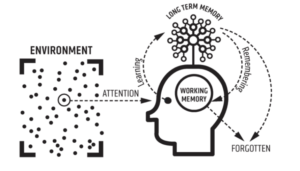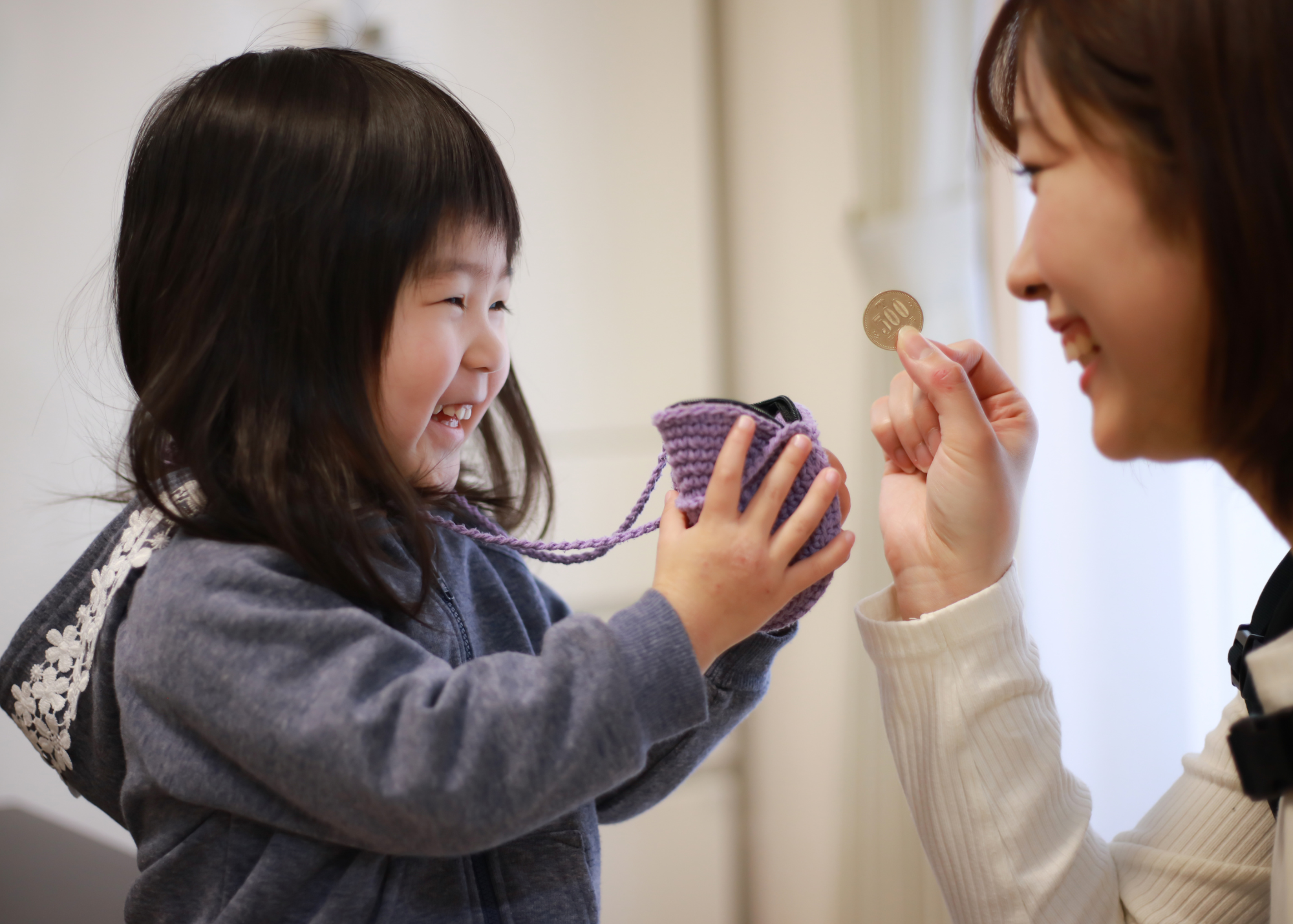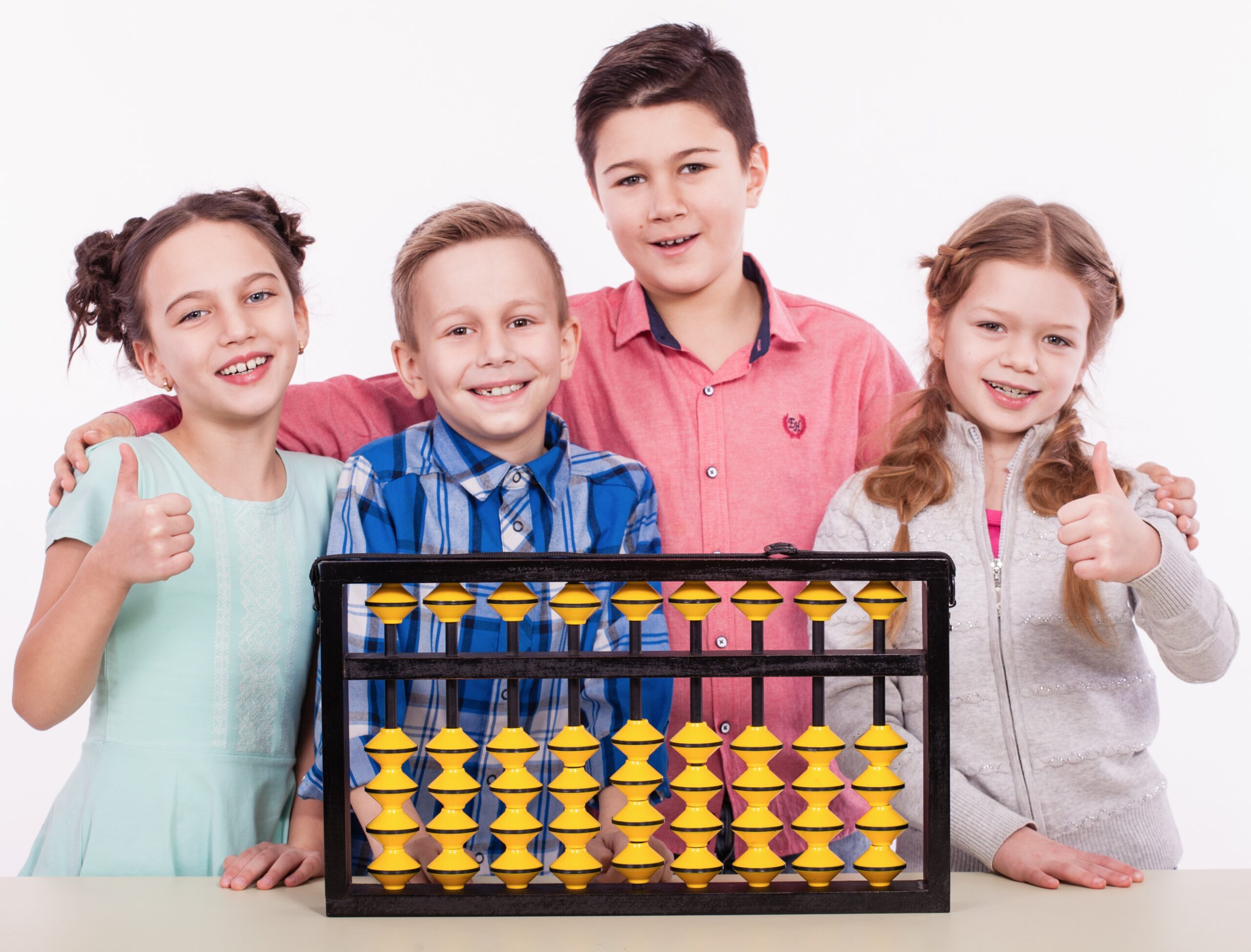
Memory – the science of learning
Memory – the science of learning ‘Using your memory, shapes your memory’ Robert Bjork (Gocognitive, 2012) In recent years, there has been lots of research
Indigo Mental Training Club in UK | Mental Maths for children
Maths often gets a bad rap for being incomprehensible and complex, and therefore raises a lot of anxiety among both students and their parents.
However, more often it’s the fear of maths that puts us off rather than the subject itself.
Maths is the first abstract science that children come across. It is used to measure time, size, duration of day and night, and understanding shapes in the environment. Multiple researches shows that the early introduction of mathematics into a child’s everyday life can help with the development of abstract thinking, understanding of cause-and-effect relationships, and sparking interest in the subject.
So, as a parent, it’s our responsibility to show the children how we use basic maths in day-to-day activities like shopping or counting money and that there’s no reason to be terrified of it.
See below some tips that have been proven to help children to enjoy maths from early childhood.

Show them maths through objects during daily activities
Even though, maths is an abstract subject, it is important to present mathematics to children through physical objects. Toys, sweets, buttons, flowers – everything can be counted, and everything has a shape and a size. You do not need to take time out of your day to learn math. Ask them simple questions throughout the day, teach them to count and distinguish shapes and sizes, compare, and think about the relationships between objects. Remember that the goal of mathematics is to develop logical thinking, not to learn formulas.
Introduce maths vocabulary and concepts during meal times
Children love helping in the kitchen, which is a great environment for learning. Ask your child to cut the cake with a plastic knife, into equal parts for all family members. This way, you can introduce them to the concept of fractions. By separating the cake into two parts, and then putting it back together, the child will be able to see for themselves that ½ and ½ make the whole cake.
Serving cakes will be another math challenge. The sliced cake should now be arranged into plates for each family member. That means the child needs to count slices and plates so that everyone in the family gets their share.

Drawing and mathematics
Drawing is a creative and fun activity that has various benefits for children’s development. By drawing numbers and shapes, colouring and decorating them, children are able to visualize math, enabling them to connect numbers with their drawings and remember them easily.
Drawing is also the basis of geometry, so it significantly contributes to the understanding of spatial relations, concentration, precision and the development of logical thinking.

Nurture logical thinking
Maths is also about using logic to arrive at various kind of conclusions. So, expose your child to logical problems instead of purely mathematical ones. One way you could do this is by introducing them to riddles. Riddles are a fun way your child can practise applying their logical thinking skills in context to the problem without focussing on numbers.
Promote a problem-solving approach
If your child asks you the answer to a maths problem, do not give them the answer straight away. Instead, help them work it out on their own by steering them in the right direction. For instance, you could tell them what part of the problem they might want to focus on and start solving first. It might take a few trials and errors, but they will become more confident about their mathematical abilities and less afraid of the subject if they learn how to solve the problem on their own.

Encourage reading mystery books
Good mystery books give their readers all the clues to solve the mystery, without arriving at the solution. You can encourage your child to read these books to boost their problem-solving skills. You can ask them to try solving the mystery by themselves first rather than having it revealed through the book. In case they are not able to solve it, they can learn from the way the author solves the mystery and use the powers of deduction the next time they come across a similar problem.
Help them to keep track of their own money
Being pocket money or birthday money,counting money and keeping a track of their expenses is a great way to teach your child how maths is a part of everyday life.
We, at INDIGO Mental Training Club are also focusing on making sure that the lessons are engaging and entertaining. Children love coming to our lessons, engage with their arithmetic skills. We help your child develop an interest in maths and not see it as a subject to be scared of.
Our abacus-based programme encourages cognitive development and enables the students to understand the concept of a number and improves their problem-solving skills.

Memory – the science of learning ‘Using your memory, shapes your memory’ Robert Bjork (Gocognitive, 2012) In recent years, there has been lots of research

Tips to help your child love and understand maths Maths often gets a bad rap for being incomprehensible and complex, and therefore raises a lot

What’s the point of doing mental maths? We would like to answer this question through an analogy. Most of the children practice and attend various
All rights reserved © 2021
All rights reserved © 2021